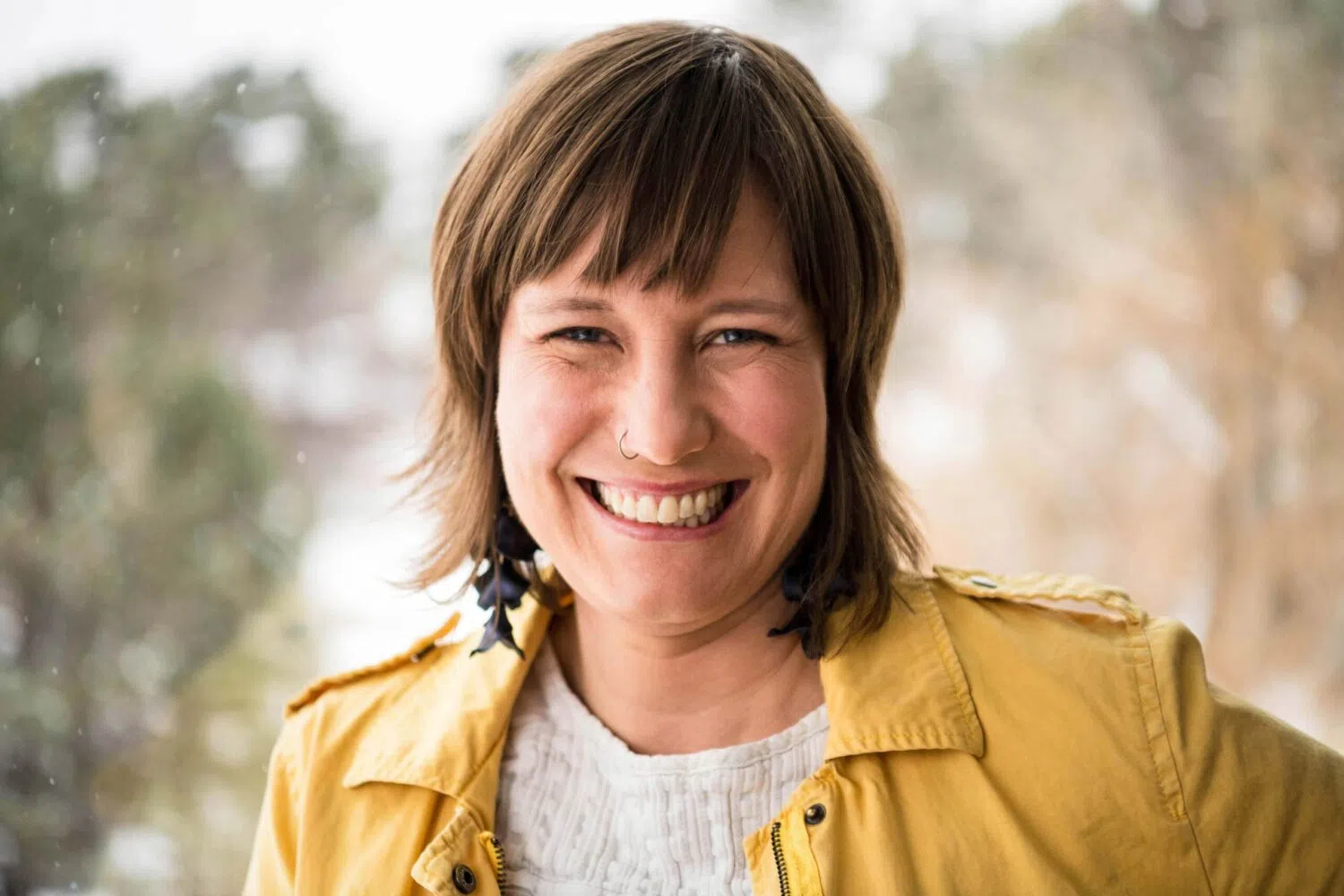By: John Hult
PIERRE, S.D. (South Dakota Searchlight) – Voters in Rapid City’s District 32 will send a Democrat to represent them in Pierre for the first time in 18 years.
The Tuesday victory of Nicole Uhre-Balk stands as a bright spot for Democrats in an election that once again saw the party lose strength in the Legislature.
Voters in District 28 opted for the GOP’s Tamara Grove over longtime incumbent Democrat Shawn Bordeaux, and Republican Jana Hunt bested Democrat Carl Petersen in District 28A to fill a seat vacated this year by Rep. Oren Lesmeister, D-Parade.
Rep. Kameron Nelson, D-Sioux Falls, fell to Republican Bobbi Andera in District 10, which he and Democratic Rep. Erin Healy represented during the 2024 session. Healy won reelection alongside Andera in the three-way race for two seats.
Democrats will have nine seats in the 2025 Legislature – six in the House, three in the Senate. That’s down from 11 in 2024 and is the fewest Democrats in the Legislature since there were two in 1953. There will be 96 Republicans – 64 in the House, 32 in the Senate.
Uhre-Balk picked up a seat vacated by Republican Rep. Kristin Conzet, who didn’t run for reelection. She garnered 22 more votes than incumbent GOP Rep. Steve Duffy, who took second in the three-way race for two seats. Uhre-Balk and Duffy bested Republican Brook Kaufman by 586 and 564 votes, respectively.
In Sioux Falls’ District 15, Rep.-elect Erik Muckey beat Republican Joni Tschetter by nine votes, according to the Secretary of State’s unofficial results, and the contest is listed as a possible recount. If the vote totals hold, Muckey will take the seat held by Democratic Rep. Linda Duba, who retired from the Legislature this year.
Uhre-Balk’s win is the first for the party in District 32 since 2006, when voters sent Tom Katus to the Senate for a single term. Before that, the last Democrat to win office there was Mike Wilson, elected to the House in 1998. Wilson also served a single two-year term.
Katus was aided by his opposition to a controversial abortion ban on the 2006 ballot, ultimately defeated. His opponent made the 2006 ban a centerpiece of her campaign after she ousted then-incumbent GOP Sen. Stan Adelstein in the primary.
This year, an attempt to restore abortion access in South Dakota tanked at the ballot box, as did nearly every other ballot measure.
“She just worked really hard and straight up won,” South Dakota Democratic Party Director Dan Ahlers said of Uhre-Balk. “She was a great candidate, and she’ll be a great legislator. We’re glad to have her on the team.”
Republicans have a 1,200-vote advantage in voter registration in the district, but it also has 4,900 voters registered as independent or having no party affiliation. The most recent redistricting also improved the odds for Democrats by adding parts of North Rapid City, a heavily Native American area.
Path to victory
Uhre-Balk said she spent a lot of time in North Rapid, listening to the concerns of Native American voters. But she also spent time knocking on doors elsewhere.
“It was just a lot of boots on the ground, literally, a lot of door knocking, going to a lot of events and getting my name out there to listen to the concerns of District 32,” she said.
Uhre-Balk, an educator who now helps train teachers through Compass Partners in Learning out of Rapid City, also credited her personal history. She was raised by Republicans – her aunt Carole Hillard was the state’s first female lieutenant governor – and said she worked hard to connect with voters from across the aisle.
“It is a very diverse district and there are a lot of different issues to address,” Uhre-Balk said. “I think people were ready for a more balanced legislature.”
Uhre-Balk raised $10,450 through individual donations after the primary, according to campaign finance reports, and she raised nearly as much from two county Democratic parties and a handful of interest groups, including SD Educators Political Involvement Committee and the Bluestem Initiative, a Sioux Falls-based political action committee that donates to Democrats.
The money helped with advertising, phone banking and mailers, but Uhre-Balk also had a bit of help getting out the vote from a group called Uniting Resilience, an LGBTQ+ organization that registered 107 new voters in the run-up to the election and had four volunteers offering free rides to the polls on Election Day.
When asked if she believes her efforts helped push Uhre-Balk over the line, the group’s founder, Monique “Muffie” Mousseau, said “I hope so.”
Mousseau was one of four volunteers offering rides on Tuesday, and said she gave around 50 people rides. After 5 p.m., she said, “it was just one to the next, to the next, to the next.”
“I’m so proud of the community that did contact us for rides,” Mousseau said. “To make a difference, you’ve got to get up and do something different.”










Comments